Lawton factory to make platform to link 'notoriously fragmented' national defense systems
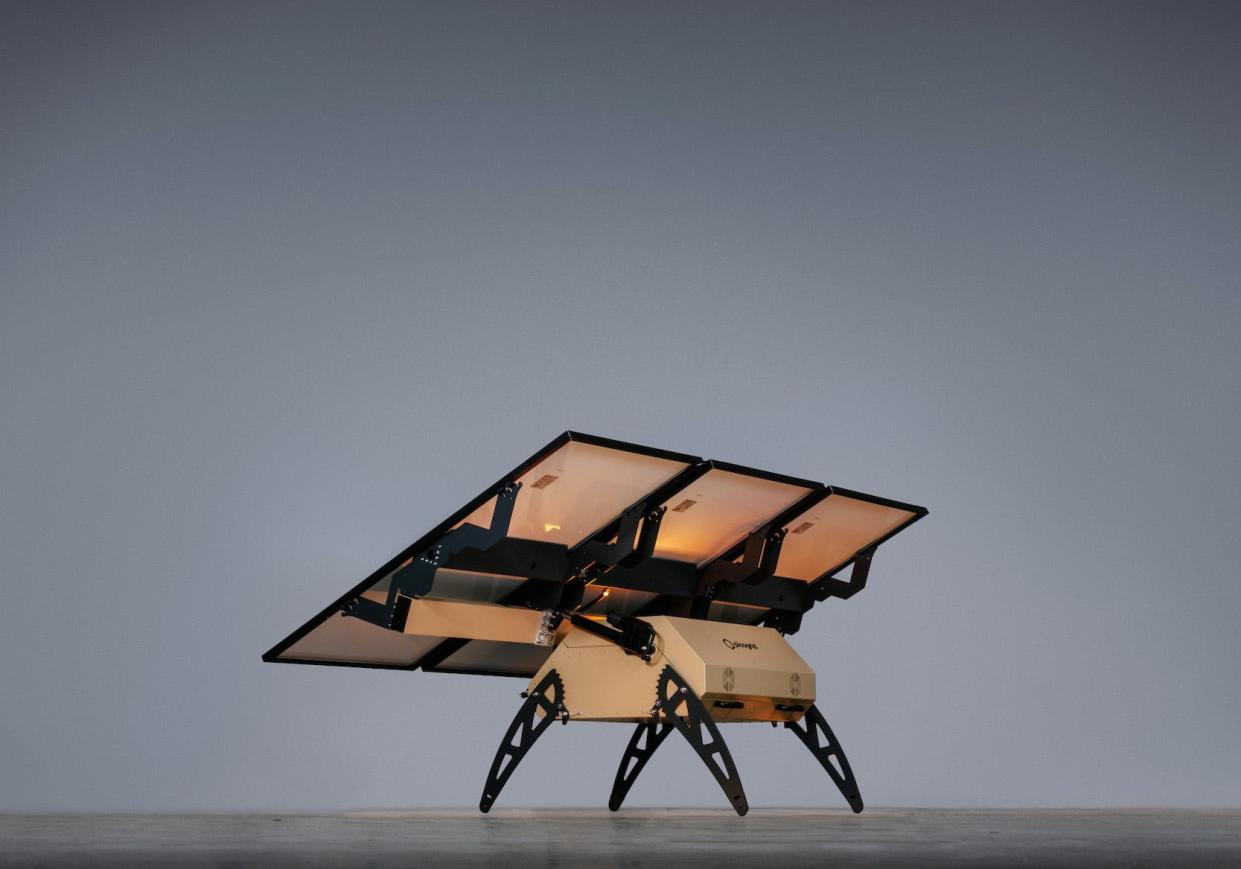
Picogrid, a defense technology startup, said it has received $12 million in financing for a factory in Lawton, its second, to build its unified platform for autonomous remote systems for military uses under a nearly $1 billion Pentagon contract.
Picogrid, based in El Segundo, California, said its products create "an open ecosystem" of defense technology. The aim is to connect and remotely control sensors, drones, command interfaces, and other "notoriously fragmented" defense systems.
The Lawton factory, to be in operation in 2025, will focus on manufacturing Lander, Picogrid’s flagship sensor platform. It will create a "substantial number" of jobs, Picogrid said in a press release, and coincides with execution of the contract, which was for $950 million with the U.S. Air Force.
Picogrid plans to open the factory at FISTA Innovation Park, an emerging defense manufacturing hub near Fort Sill. The company raised its seed capital in a round led by Initialized Capital with participation by Starburst Ventures, CredoVentures, Giant Step Capital, Domino Ventures, and Alumni Ventures.
The company said its technology is used on military bases across the United States and by the Ukrainian Ministry of Defense on the front lines of Russia's war in Ukraine.
Picogrid started in New York University dorm rooms. The pro-business climate got it to Oklahoma
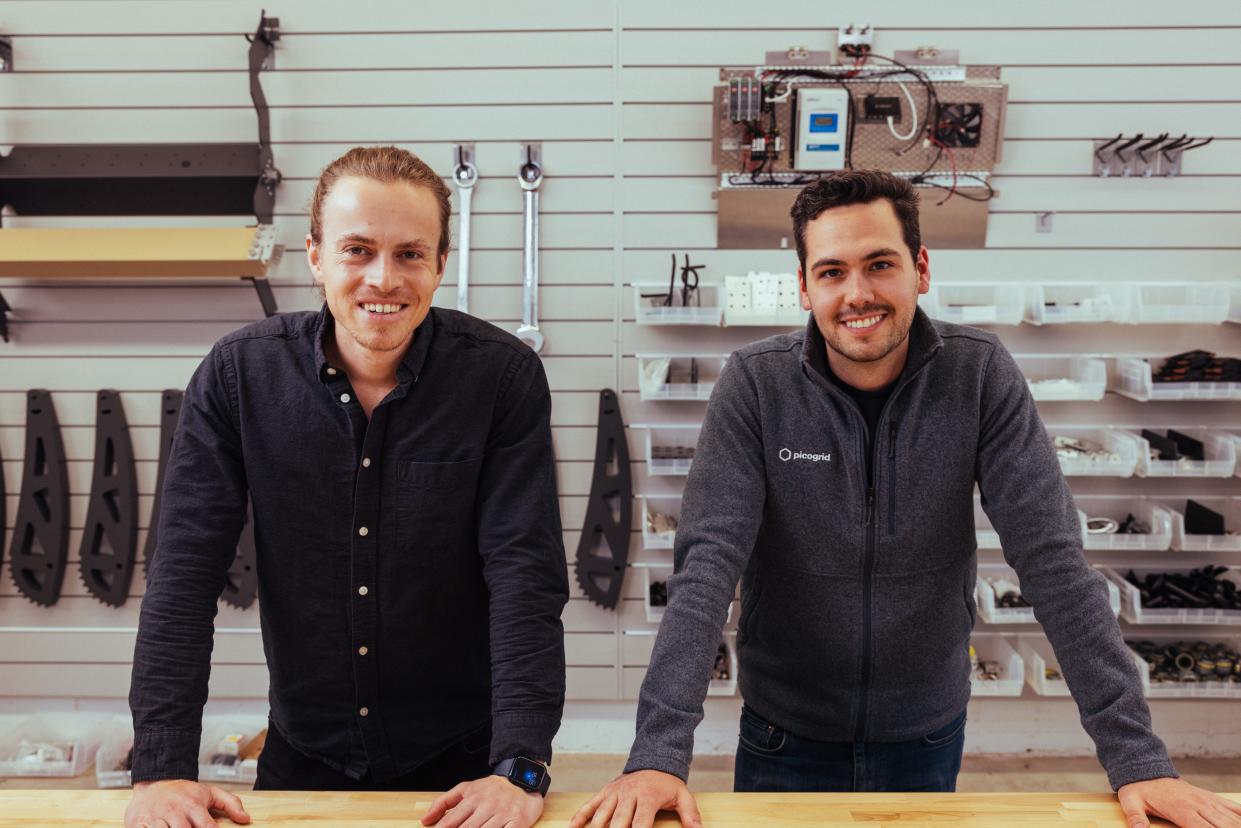
Picogrid founders Zane Mountcastle, 28, and Martin Slosarik, 29, started developing autonomous systems more than a decade ago while in college.
"We started making defense technology out of our dorm rooms at New York University," Slosarik said. "Due to our research activities at NYU, we became contractors for the U.S. Army Engineer Research and Development Center (ERDC) and the U.S. Navy Naval Facilities Engineering Systems Command (NAVFAC)."
With Picogrid's first factory in California, where Mountcastle and Slosarik live, why the second one in Oklahoma?
"We fell in love with Oklahoma and selected it for our second factory due to our Head of Government Solutions, retired U.S. Army Colonel Anthony Lugo, who spent 10-plus years of service in the Lawton-Fort Sill community," Slosarik told The Oklahoman.
Anthony Lugo, Picogrid’s director of government solutions, added, "The conducive atmosphere in Lawton-Fort Sill and throughout the state is highly favorable for the growth and operations of our company."
Modern software, global impact from Picogrid in Lawton-Fort Sill, Oklahoma
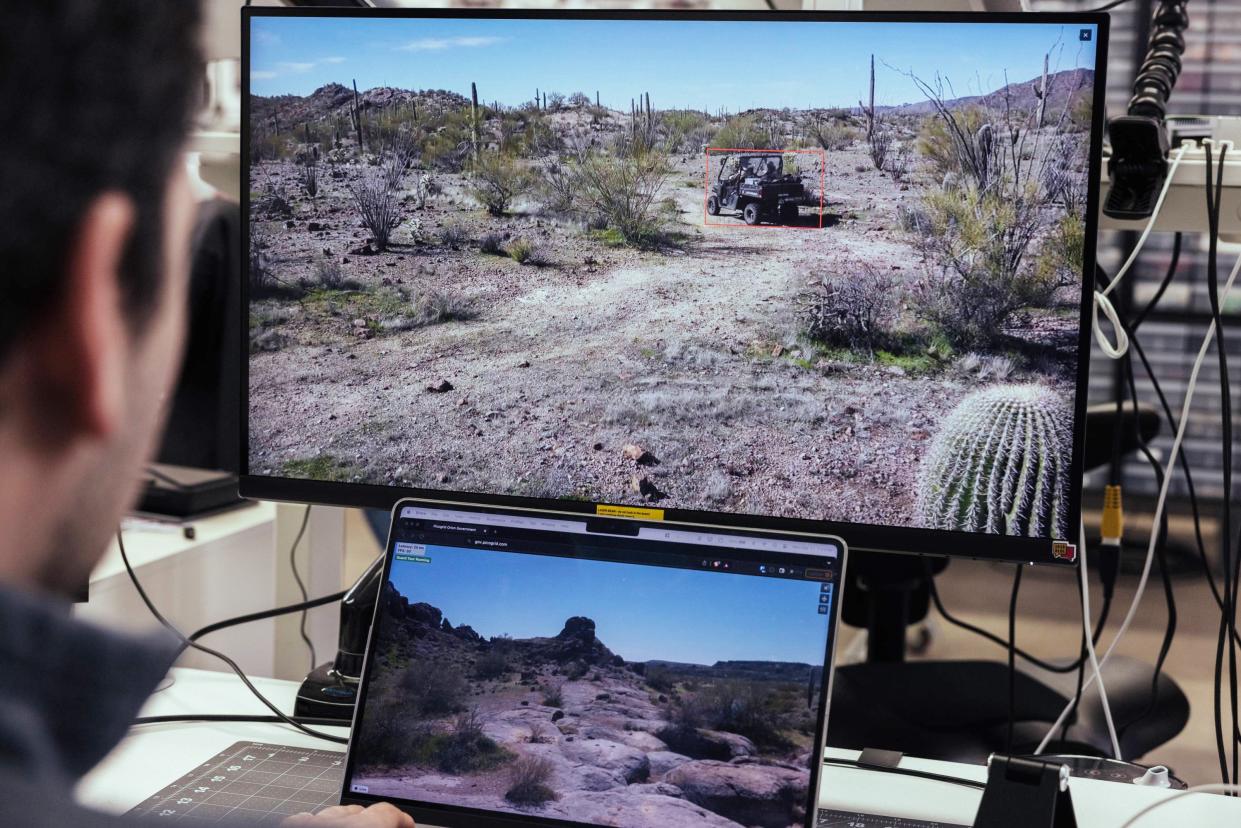
Mountcastle said he and Slosarik saw a need to tie together essential systems.
"It was a gut punch as an engineer trained in modern software. Every sensor, plane, vehicle, and command center operates as an independent system with no way to work together,” Mountcastle said.
He said Picogrid’s technology helps integrate devices "that the military increasingly depends on, using modern hardware and software to route data to and from systems deployed all over the world."
Drones, self-operational vehicles, artificial intelligence work together
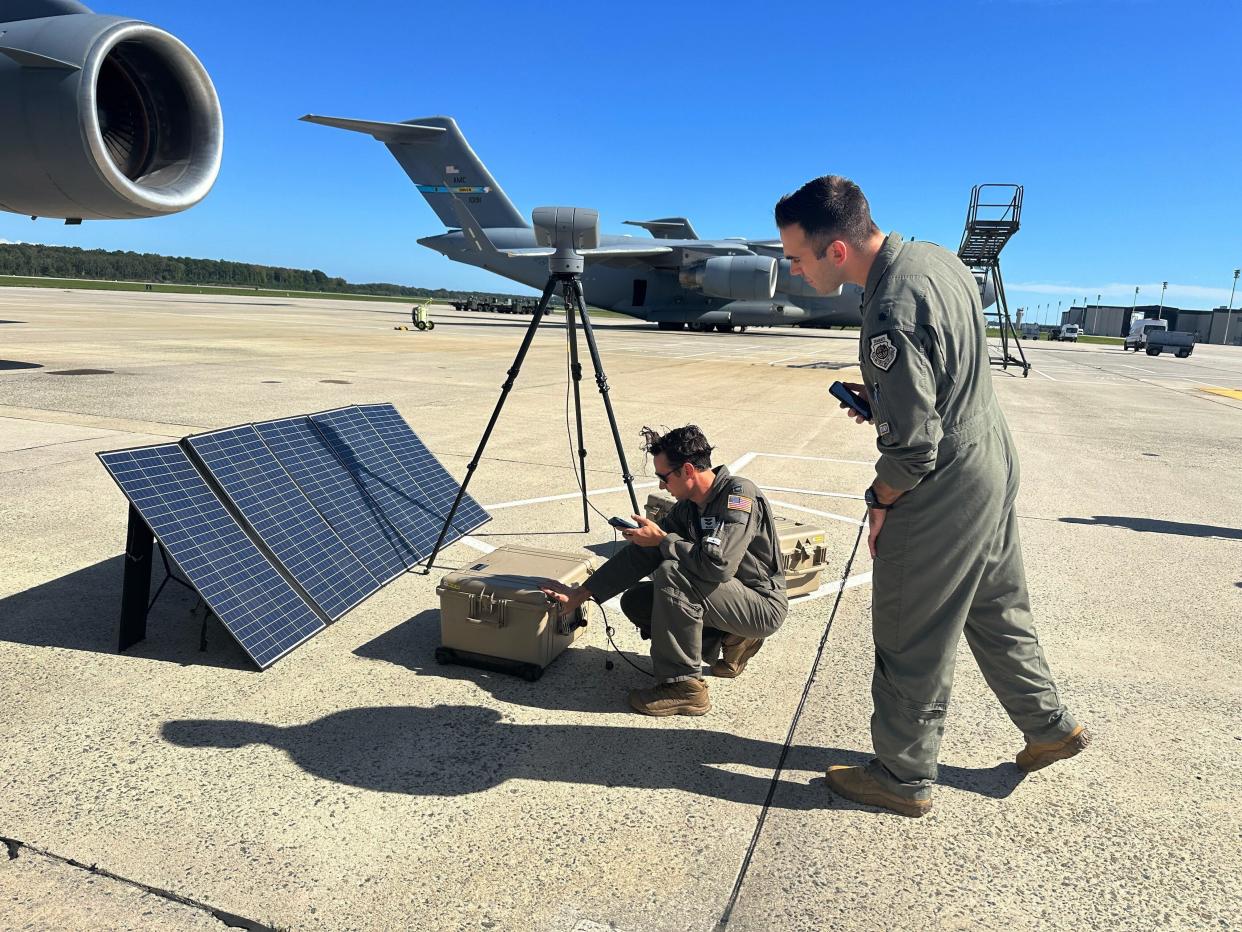
The tech is based on Legion, its cloud-based API − application programming interface − used to connect and control third-party autonomous systems. It includes drones, unmanned vehicles, and surveillance tools driven by artificial intelligence, "all working together in a cohesive and intelligent ecosystem."
Picogrid's platform "is a paradigm shift in defense operations, offering unprecedented levels of coordination and real-time intelligence,” Mountcastle said. “It's not just about having the most sophisticated defense systems; it's about how these systems work together as a singular force.
"The integration of our most advanced defense systems is the difference between deterrence and vulnerability.”
Picogrid to provide the Pentagon with what nearly $1 billion will buy
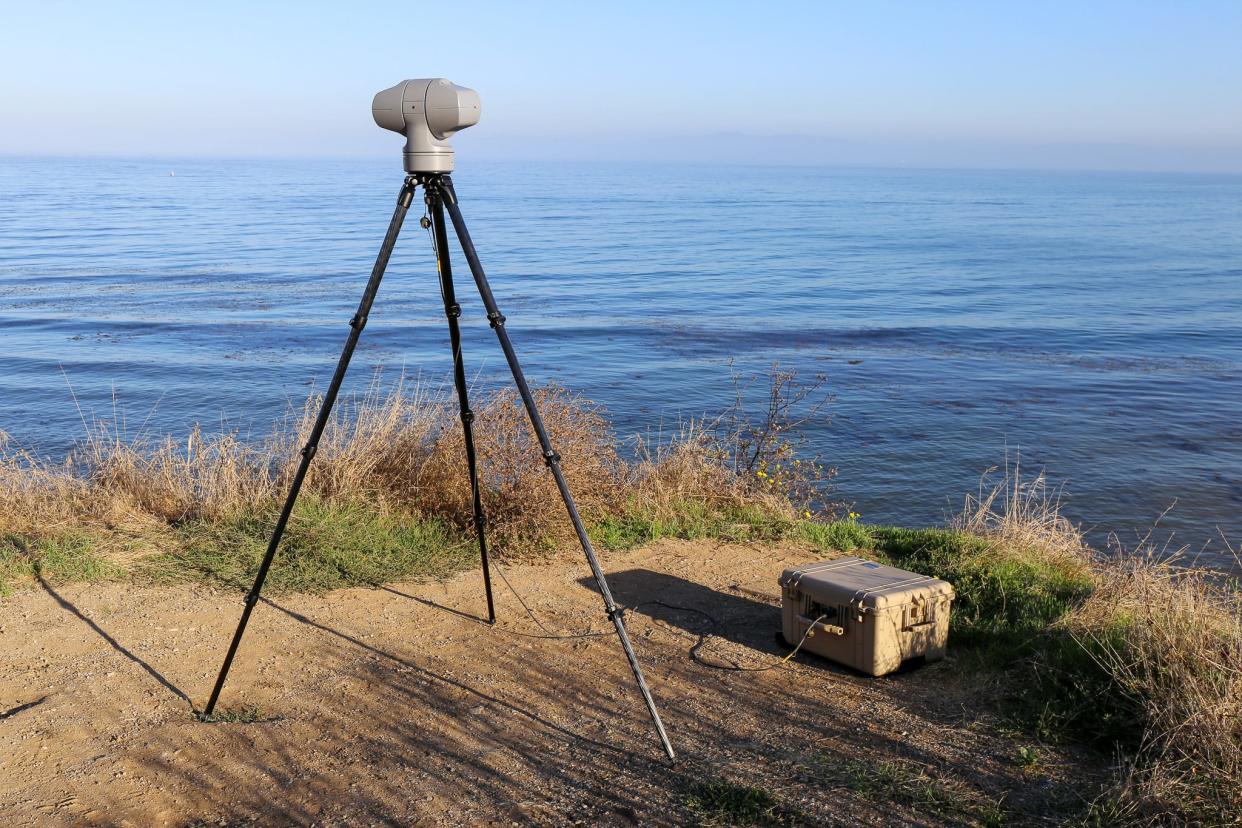
Since launching in 2021, Picogrid has won more than a dozen federal contracts, including a nearly $1 billion IDIQ contract from the Pentagon. IDIQ stands for "Indefinite Delivery, Indefinite Quantity." Under federal law, an IDIQ contract “provides for an indefinite quantity, within stated limits, of supplies or services during a fixed period."
The dark outlook and rising potential for global military conflict presents opportunity, said Kim-Mai Cutler, a partner at Initialized Capital.
"The Pentagon has made integration of major defense systems a big priority over the next few years as the risk of near-peer conflict grows year-over-year," Cutler said in a press release. "Picogrid is well-positioned to make sure that disparate vendors and technology providers can interface with each other to support U.S. and international security needs.”
Krista Ratliff, president and CEO of FISTA (the manufacturing hub), expressed enthusiasm for Picogrid's work.
“We are excited about Picogrid’s interest in joining FISTA. Their presence in Lawton Fort Sill promises newprofessional and educational opportunities for our community," she said.
Sign Up:Weekly newsletter Real Estate with Richard Mize

Senior Business Writer Richard Mize has covered housing, construction, commercial real estate and related topics for the newspaper and Oklahoman.com since 1999. Contact him at rmize@oklahoman.com. Sign up for his weekly newsletter, Real Estate with Richard Mize. You can support Richard's work, and that of his colleagues, by purchasing a digital subscription to The Oklahoman. Right now, you can get 6 months of subscriber-only access for $1.
This article originally appeared on Oklahoman: Startup to make platform to bridge defense systems in Lawton, Oklahoma
